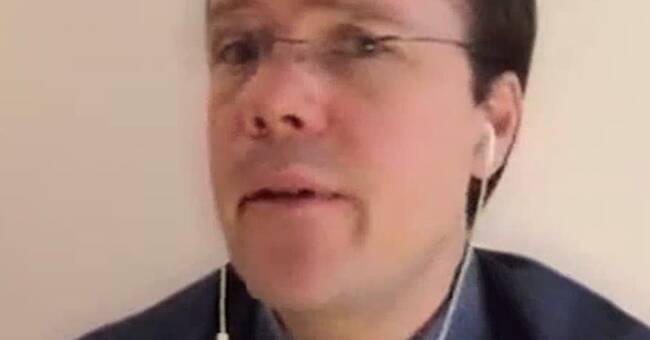- What we have for life and what we have been through before affects.
We can not always be raw about how we react to things, he says.
Filip Arnberg emphasizes that one of the keys in times of crisis is to see the situation for what it is.
He also points out that previous crises have made people stop to evaluate what is important in life.
- During this time, many have also found solutions to make things work, even though it is difficult at times, he says.
The cunning of the crisis
That we in Sweden have been spared from war and misery for a long period, could it have made us mentally get an uphill climb when we are faced with a crisis?
- Some have mentioned that it may have affected how we think.
There may be something in it, but it is difficult to prove in terms of research.
But something probably lies in the fact that we do not have the crisis and the war so close in mind, says Filip Arnberg.
When we then have it in mind, its deceptive nature can be forgotten - it has been seen that people after a crisis tend to prepare for the same crisis to come again.
- But it is not certain that the next crisis will be a pandemic.
It could be something completely different.
The squirrel wheel is not just boring
Something that has proven to be important for human well-being is that squirrel wheel that we are usually not always so fond of.
- What many may have noticed during the pandemic is that routines are quite important to us for how we feel.
That we get the opportunity to do things in much the same way day in and day out, it's not only boring, but good for us.
It is important to reflect on one's everyday life and take it seriously, says Arnberg.
- You need to be vigilant if several or all routines have fallen apart because then we lose the predictability of our everyday life, which is an important part of mental well-being.
Just as our different living conditions have had an impact on how we have reacted to the pandemic, the challenges that await afterwards will vary for each of us depending on how affected we have become, Arnberg says.
- We have seen from previous challenges that the crisis passes at different times for different people.
It can make it difficult for people around us to understand why we do as we do.

